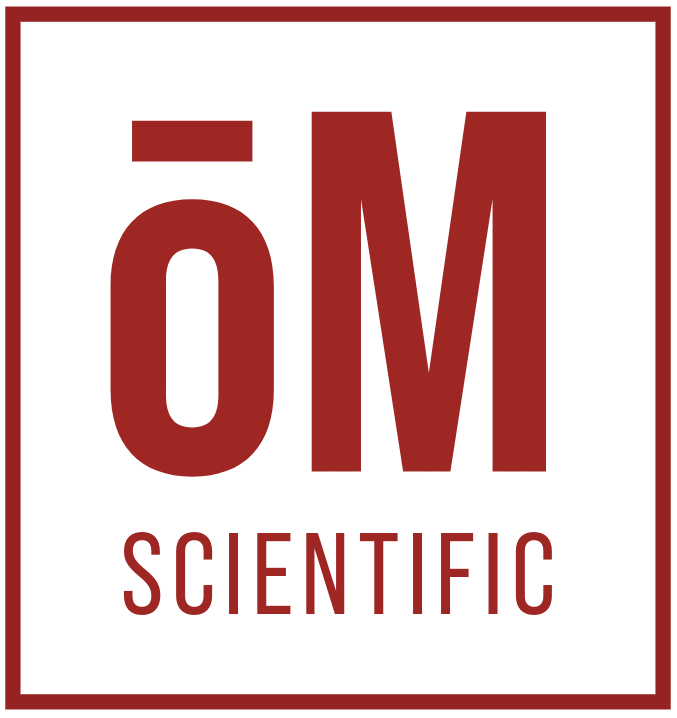A groundbreaking UK trial tests psilocybin therapy against common anti-depression medication.
Original Study: Efficacy and safety of psilocybin-assisted treatment for major depressive disorder: Prospective 12-month follow-up
Author: Carhart-Harris et al at Centre for Psychedelic Research, Imperial College London
Published: 2021 in the Journal of Psychopharmacology
This UK-based clinical trial compared psilocybin-assisted therapy with escitalopram, a widely used SSRI, in people with moderate to severe depression. Over six weeks, 59 participants were split into two groups; one received two moderate doses of psilocybin with psychological support, the other received daily escitalopram and placebo therapy sessions.
The findings? While both groups showed improvement, the psilocybin group saw greater and faster improvements in well-being, emotional responsiveness, and overall depressive symptoms. In several secondary measures, the psilocybin group outperformed escitalopram significantly despite receiving only two doses compared to daily SSRI use.
What’s especially notable is that psilocybin didn’t just reduce symptoms, it appeared to create a deeper psychological shift, helping patients reconnect with their emotions rather than numbing them. This aligns with growing theories that psychedelics may work by increasing psychological flexibility and disrupting rigid patterns of negative thinking.
This study represents a huge step in rethinking how we treat depression. While SSRIs can be helpful for many, its often reported that they blunt emotional range and they nearly always require long-term use. Psilocybin therapy, by contrast, appears to work in a fundamentally different way, facilitating insight and emotional reconnection through a single supported experience.
To me, this is about more than medication. It’s about the shif from suppressing emotion to transforming them. The fact that this trial happened in the UK, under rigorous controls, shows that the conversation around fungi and mental health is evolving, and it’s backed by science, not just speculation.
Want to learn more about fungi networks, research, and microscopy? Explore our other articles or follow us on Instagram or Facebook @omscientific.
